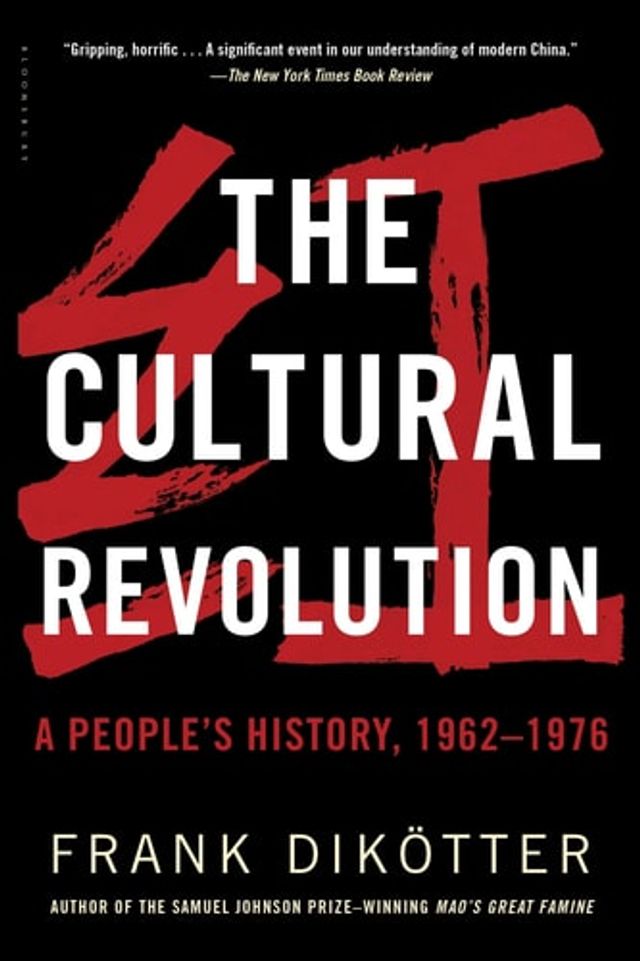The Great Leap Forward caused widespread famine and death, severely damaging Mao Zedong’s standing. To regain power and eliminate perceived enemies, he initiated the Cultural Revolution. He aimed to rid China of bourgeois and capitalist influences, which he deemed threats to true communism.
Young students, known as the Red Guards, enthusiastically supported Mao. However, factional infighting quickly erupted, leading to violent street clashes. These groups, all claiming revolutionary purity, used weapons against each other and the nation descended into chaos, prompting military intervention.
The military’s involvement transformed China into a heavily controlled state. Bloody purges became commonplace, affecting a significant portion of the population. These purges created a climate of fear and control.
“The Cultural Revolution: A People’s History, 1962–1976” utilizes previously classified documents including secret police reports and unedited speeches from leadership figures. After the army itself fell victim to the Cultural Revolution, ordinary people used the political chaos to resurrect the market and hollow out the party’s ideology. By showing how economic reform from below was an unintended consequence of a decade of violent purges and entrenched fear, The Cultural Revolution casts China’s most tumultuous era in a wholly new light.

